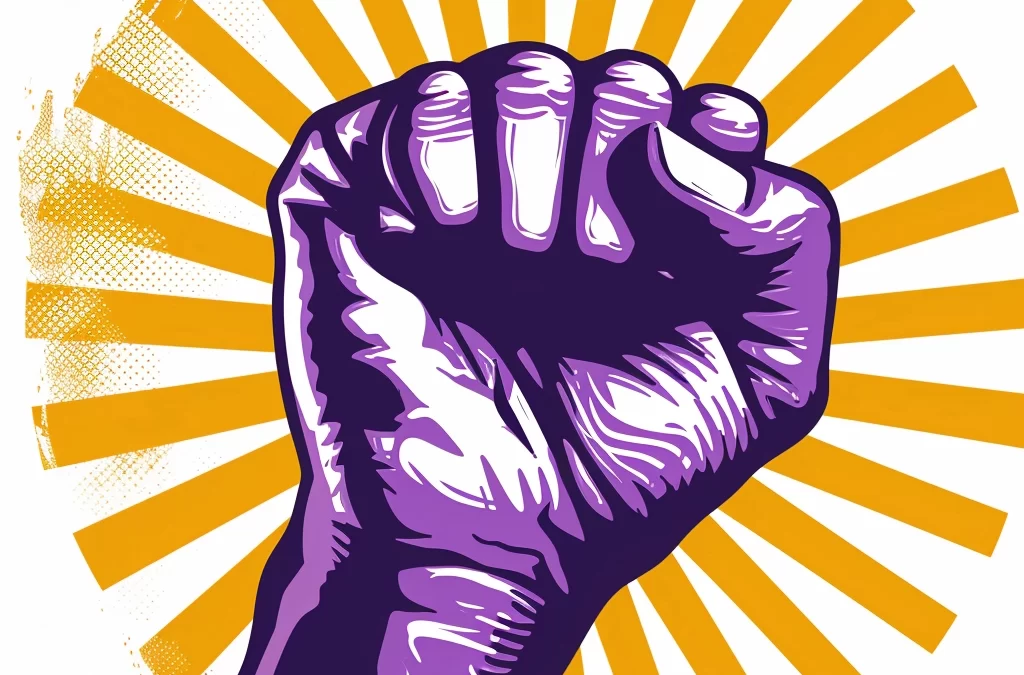Black Americans have a storied history of fighting tooth and nail for the freedom not only to live but work in the United States. Many African-American-led labor unions have helped the community throughout history gain access to the freedoms we deserve.
At SEIU Local 1000, we fight for better working conditions, wages, and benefits, and we fight to enforce the contract that governs our hard-earned rights.
Sounds simple right? Well, historically, that hasn’t always been the case, especially for Black Americans.
Black Americans have a storied history of fighting tooth and nail for the freedom not only to live but work in the United States. Many African-American-led labor unions have helped the community throughout history gain access to the freedoms we deserve.
At SEIU Local 1000, we fight for better working conditions, wages, and benefits, and we fight to enforce the contract that governs our hard-earned rights.
Sounds simple right? Well, historically, that hasn’t always been the case, especially for Black Americans.
When Dr. King gave his legendary “I’ve Been to the Mountaintop” speech, right at the height of the Memphis Sanitation Worker’s Strike in 1968, he was supporting 1,300 workers who had organized a massive strike against the city. They were demanding better safety conditions, livable wages, and union recognition after two of their coworkers had been killed on the job by unsafe equipment.
After a series of strikes and contentious run-ins with state police officials, the Memphis City Council finally recognized the union and guaranteed better wages on April 16. The event undoubtedly served as a turning point for civil rights in Black America
National Domestic Worker’s Union of America – 1968
Founded by Dorothy Lee Bolden in 1968, the NDWUA allowed domestic workers to fight for better wages. An organizer in the civil rights movement and advocate for women’s rights, Bolden was inspired by her own plight as a domestic worker.
Bolden was forced to enter the workforce at the age of nine to make ends meet for her family. Bolden’s eyesight became hindered after suffering from a fall, compromising her ability to take on certain jobs.
She first organized domestic workers in Atlanta, GA, learning from her conversations with other domestic workers while taking public transportation. Through the union, thousands of women have secured better pay and working conditions throughout the United States.
The Colored National Labor Union – 1869
A century before Dorothy Bolden organized her coworkers, the Colored National Labor Union was established in 1869 by African-American workers to organize their labor collectively on a national level. Like other labor unions in the United States, the organization created the union to help fight for better working conditions for Black workers.
At that time, many people of color were excluded from joining existing unions like the predominantly white National Labor Union (NLU).
Among the goals of the CNLU, which represented African-American laborers in 21 states, was the issuance of farmland to poor African-Americans in the South, government aid for education, and new non-discriminatory legislation that would help struggling black workers.
